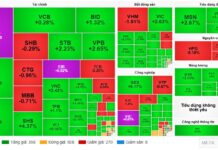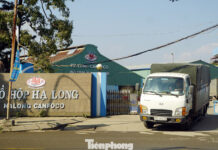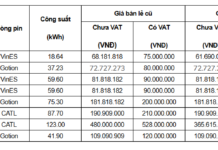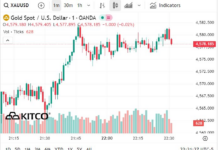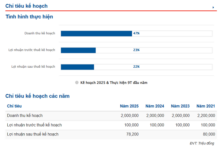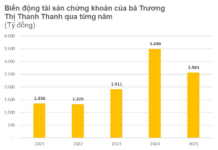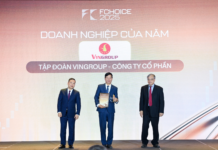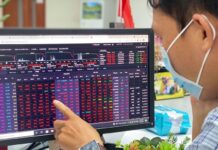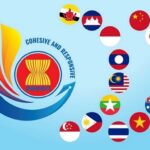Earlier this month, Reuters reported that electric vehicle (EV) brands Neta and Zeekr had arranged for cars to be insured before they were purchased by buyers. This was a scheme to effectively inflate sales figures and create the appearance that the companies were meeting periodic targets.
But this controversial tactic is not limited to these two companies and has been used elsewhere in the industry, according to a Reuters review of 97 separate consumer complaints published on three widely-used Chinese websites.
In more than a dozen cases, buyers said they were informed by dealers that this practice was specifically designed to meet sales targets.
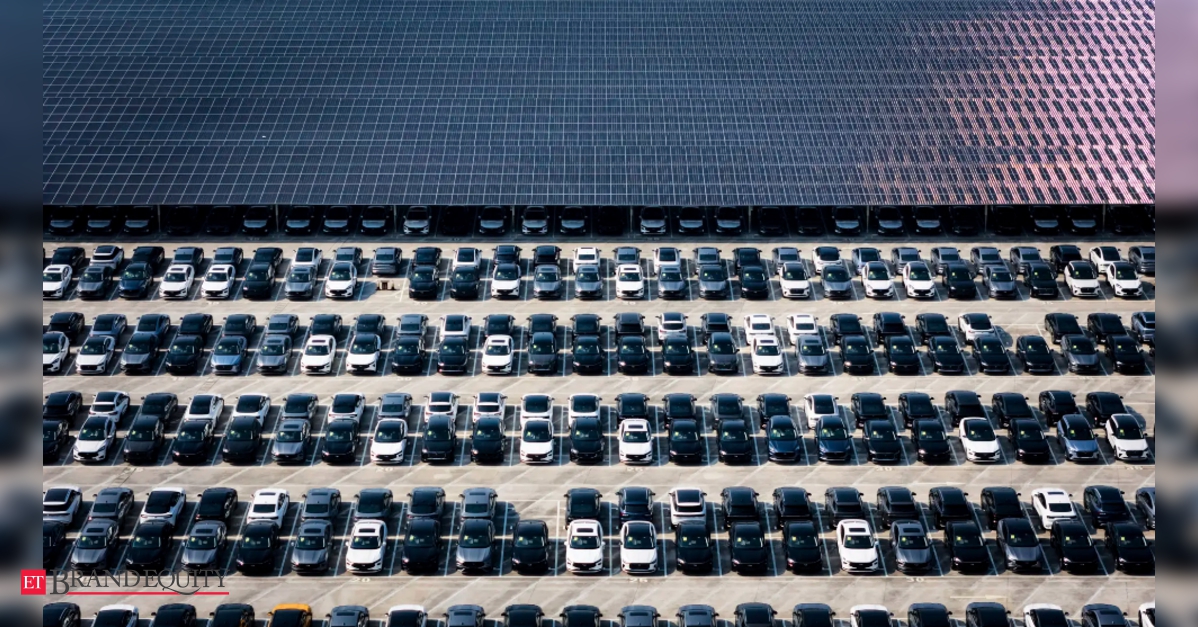
The allegations involve some of China’s biggest domestic and foreign brands by sales volume, including domestic champion BYD and Toyota, Volkswagen, and Buick. The three foreign brands operate businesses in China through partnerships with giants GAC and SAIC Motor Group.
While the earliest complaints date back to 2021, the majority were published this year and last year when the price war had choked an industry critical to China’s export-oriented economy.
Reuters examined the complaints posted on 12365auto.com, a third-party website used to resolve consumer disputes, and two similar other websites. The platforms require owners to verify their identities and submit evidence to support their allegations.
In most of the cases reviewed, automakers publicly responded, saying they had sought to resolve the issues. Reuters was unable to independently verify the complaints or their resolutions.
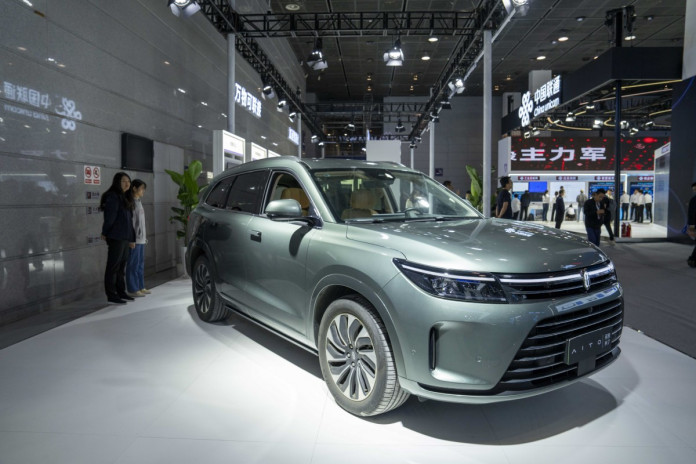
It is unclear what proportion of China’s auto sales are inflated by the insurance program. SAIC, Volkswagen’s Chinese partner and owner of Buick, General Motors, said they are committed to providing users with quality sales services and standardization but did not elaborate.
Yale Zhang, managing director of consulting firm Automotive Foresight, said the practice effectively hides the amount of inventory that automakers actually hold. “That can lead to a misreading of monthly demand in the industry and result in ramped-up production schedules,” Zhang said.
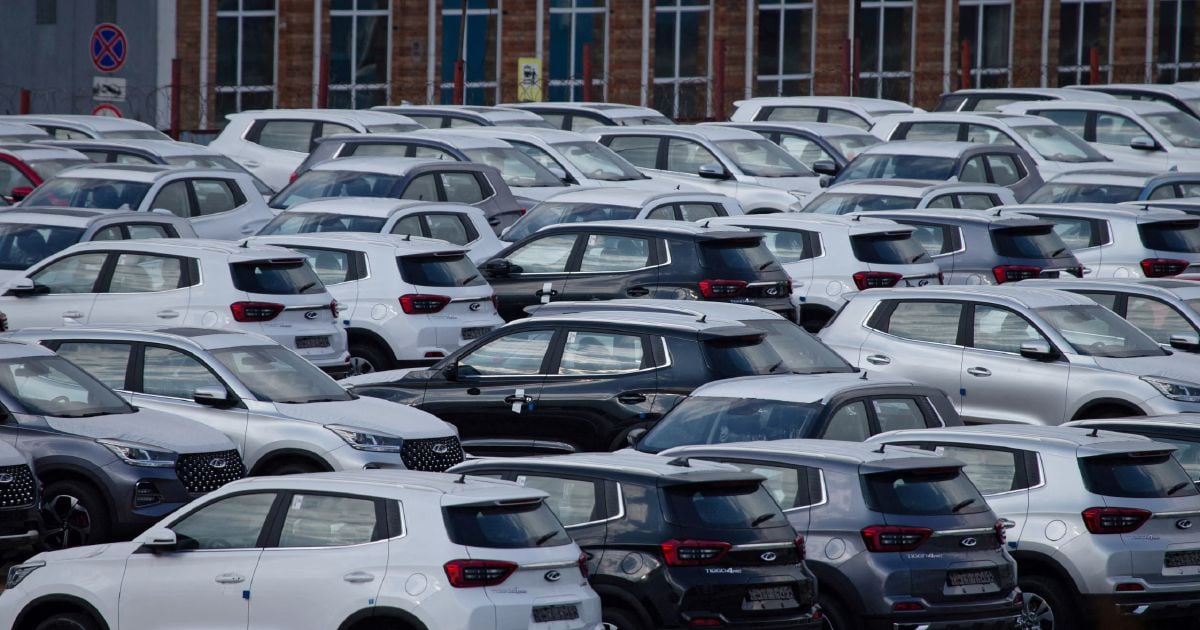
From 2021 to 2025, 48 separate buyers said on 12365auto.com that they had purchased new cars but later found out that they had been insured by dealers. Many buyers said they felt deceived by the dealers, especially when they realized that the insurance on their cars was registered under someone else’s name.
Similarly, there were 26 separate complaints published from 2021 to 2025 on the auto consumer complaint platform China.com 315, operated by the state-owned China Internet Information Center. Another 23 complaints were posted from 2022 to 2025 on Black Cat, a widely-used consumer complaint platform operated by tech firm Sina.
In 14 complaints across the three platforms, car buyers of BYD, Neta, Toyota, Buick, and Chevrolet brands said they were informed by dealers that the practice was intended to book early sales to meet targets.
One complaint, filed in December against an SAIC GM dealer on 12365auto.com, alleged that the automaker required 60 cars to be insured without buyers to meet sales targets. Another complaint on China.com, filed in April, accused a BYD store in Shaanxi of telling a buyer that they had insured 12 cars in bulk to inflate sales in July last year. Buyers of Li Auto, Changan, FAW-Volkswagen, and Geely also reported cars being insured before purchase.
“Enhancing Railway Connectivity: Unlocking Opportunities for Vietnam’s Ancillary Businesses.”
Representing businesses and government agencies, stakeholders believe that enhancing railway connectivity between major cities in northern Vietnam and China will spur growth for enterprises and the Vietnamese economy.
3 Years of RCEP: Asserting the Role in an Open Economy
The RCEP encompasses 15 nations, including the 10 member states of the Association of Southeast Asian Nations (ASEAN), as well as China, Japan, South Korea, Australia, and New Zealand. This mega-regional trade agreement aims to enhance economic integration and facilitate trade and investment within the region. With a diverse range of economies and a vast market, the RCEP holds significant potential for businesses and consumers alike.

